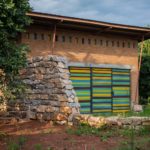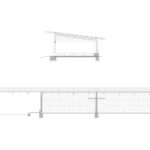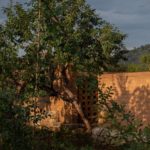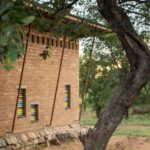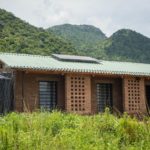AWF Primary Schools in Karamoja: Sustainable Design
Project's Summary
The AWF Primary Schools in Karamoja represent a significant leap towards integrating education with environmental stewardship. Located adjacent to the stunning Kidepo Valley National Park in North-eastern Uganda, this project is part of the African Wildlife Foundation's 'Classroom Africa' program. This initiative is designed to incentivize local populations to protect wildlife, allowing communities to see nature not as a threat, but as an opportunity for sustainable living. The architectural vision, spearheaded by Localworks, harmonizes local culture with modern educational needs, creating spaces that inspire learning and conservation.
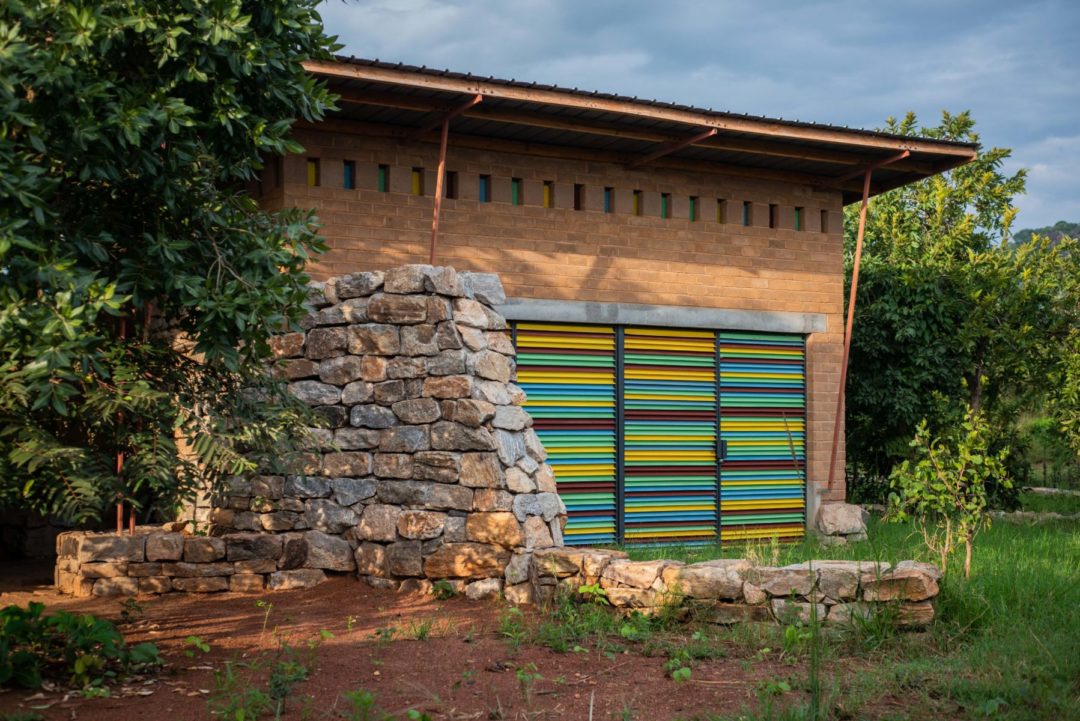
A key aspect of the AWF Primary Schools project is its commitment to using locally sourced materials. The remoteness of the site posed challenges, particularly regarding the transportation of construction supplies. However, the project team meticulously selected materials available in the Kidepo area, utilizing beautiful local stone for the foundations and plinth walls. The upper walls are constructed from compressed earth blocks, produced on-site, which not only reduces transport costs but also supports local industry. The steel roof trusses are ingeniously designed to be lightweight, allowing two workers to lift them without heavy machinery, which also minimizes the carbon footprint of the construction process.
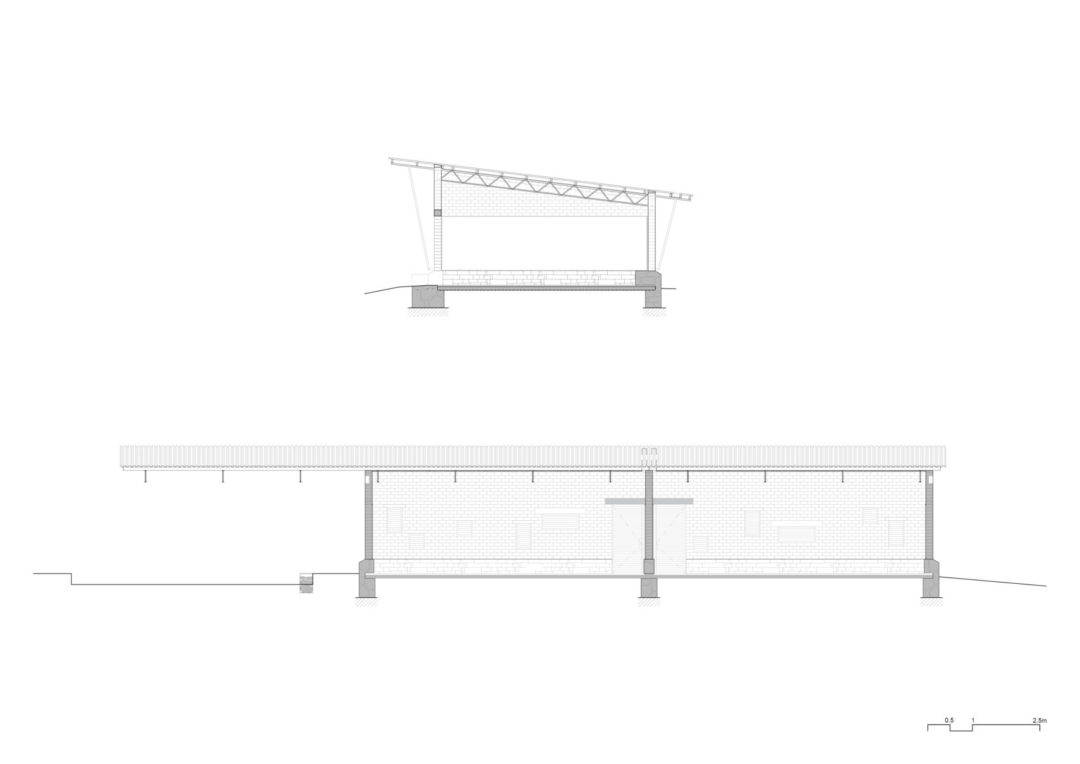
The landscape design is intricately woven into the project's ethos, as it aims to enhance the relationship between the local community and their environment. Existing trees and shrubs were preserved with great care, while local flora was introduced to create a more biodiverse ecosystem. The initiative also promotes innovative agricultural practices through demonstration farms and gardens, empowering local communities with knowledge about sustainable farming. Furthermore, the design incorporates green technologies such as rainwater harvesting, solar energy, fuel-efficient wood stoves, and 'aquaprivy' toilets, ensuring that the schools operate sustainably while educating students about environmental responsibility.
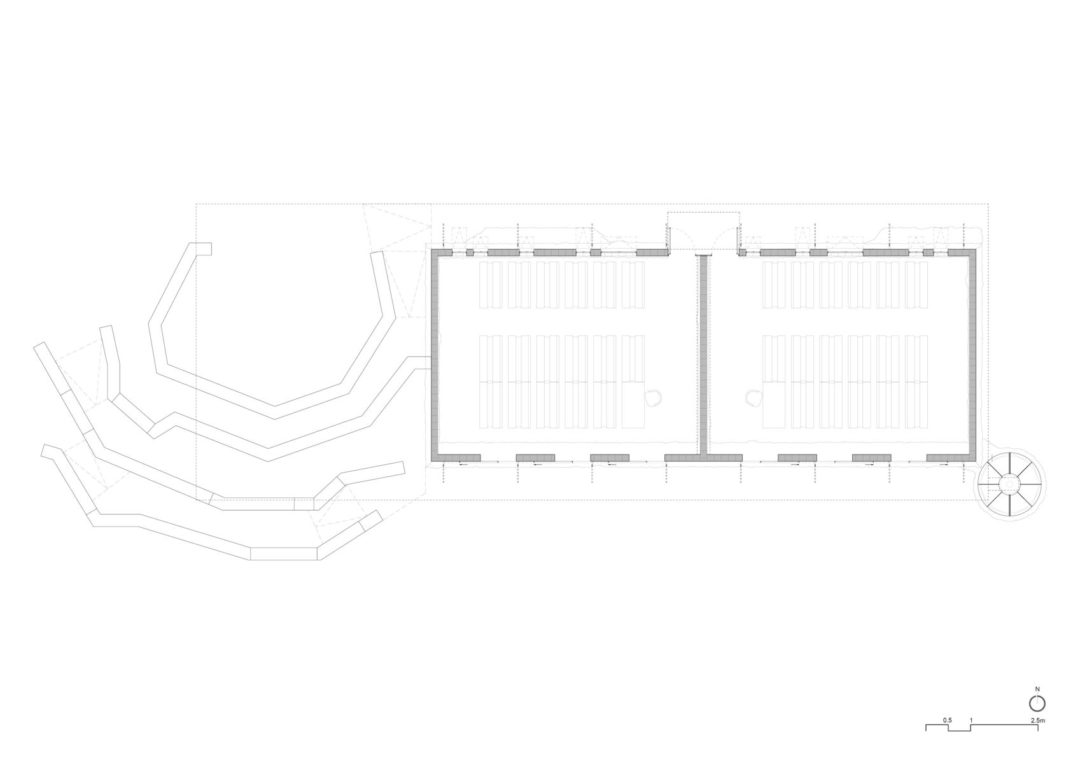
Beyond education, the AWF Karamoja Primary Schools serve as a bridge between conservation and community engagement. The curriculum not only focuses on academic excellence but also instills a sense of pride and responsibility towards wildlife conservation. Local community members are invited to participate in workshops and training sessions that emphasize the importance of sustainable practices and the role of wildlife in their lives. This holistic approach fosters a culture of conservation that transcends the classroom, encouraging families and community members to engage with their natural surroundings positively.
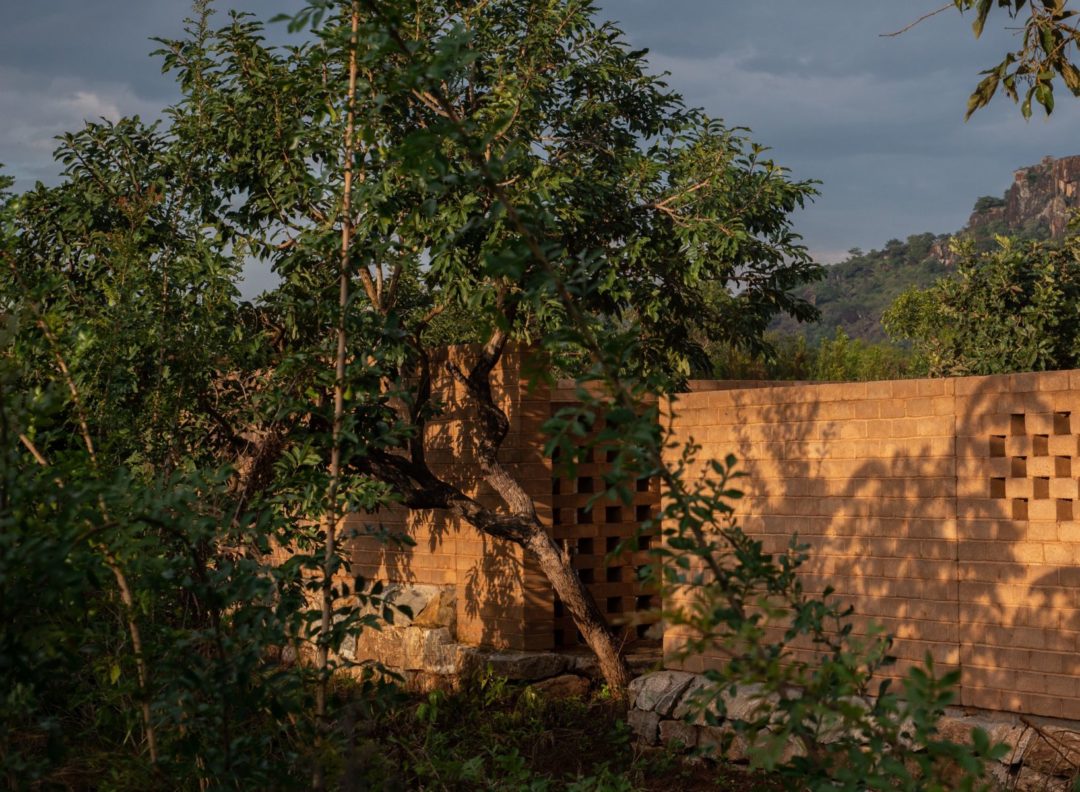
In summary, the AWF Karamoja Primary Schools project stands as an exemplary model of how architecture can contribute to environmental and social goals. By harmonizing traditional Karamojong design with modern sustainability practices, Localworks has created a dynamic educational environment that promotes learning, conservation, and community engagement. As these schools become integral parts of the local landscape, they will undoubtedly have a lasting impact on both the students who learn there and the broader community that surrounds them.
Read also about the Link in the Loop: A New Mixed-Use Development project
